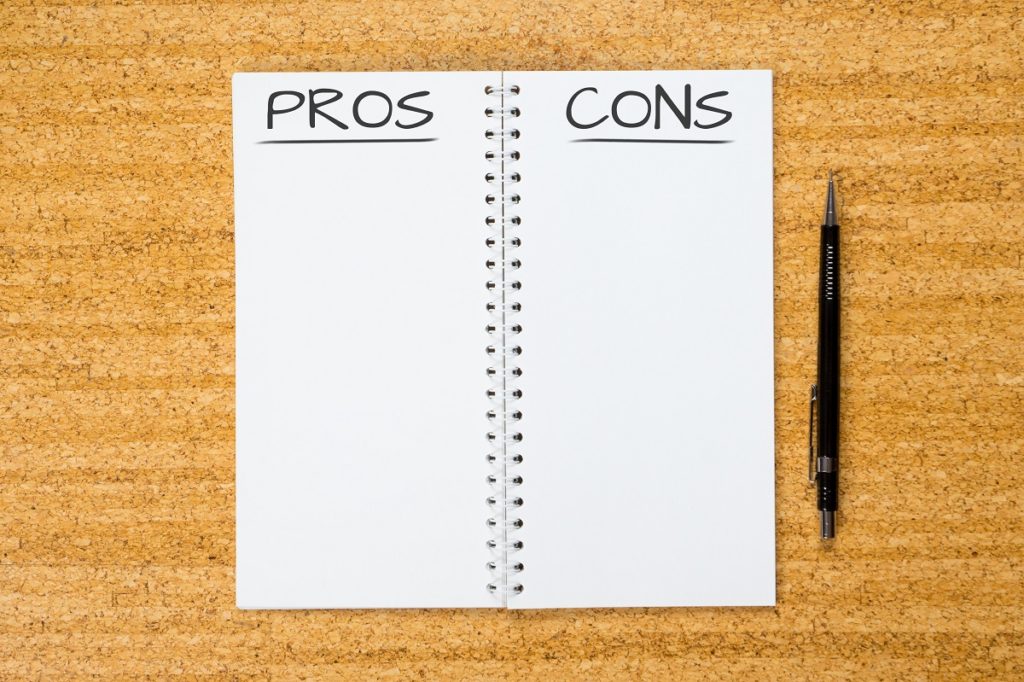
The ketogenic or “keto” diet was originally developed to help manage epilepsy. Now it’s the latest weight-loss fad. The diet flips the balance of carbs and fats that are traditionally recommended for good health, like so:
| USDA GUIDELINES: | 55% Carbs | 20% Protein | 25% Fat |
| KETO DIET: | 5% Carbs | 20% Protein | 75% Fat |
If you’re considering this diet, here’s some food for thought.
The idea behind the diet
Carbs are the main source of fuel for your body and brain. On the keto diet, however, carbs are severely restricted to force your body to find fuel elsewhere. It does that by breaking down fat into compounds called ketones, which it uses for fuel. In this state, called ketosis, your protein balance is very important — too much protein can stop ketosis, but too little will make you lose lean muscle mass.
This diet is not recommended for you if you have a disease of the pancreas, liver, thyroid, kidney or gallbladder, if you have a history of kidney stones or eating disorders, or if you’ve had your gallbladder removed. Otherwise, if you’re thinking about it, consider this:
Three pros
- Many people do lose weight, and some studies find that people feel less hungry while in ketosis.
- Some research suggests potential benefits for controlling blood sugar and improving insulin sensitivity.
- The diet cuts out nearly all processed foods, which is always a good thing.
Three cons
- Giving up whole grains, beans, fruits and many veggies can cause nutrient deficiencies and constipation.
- Common short-term side effects include fatigue, headache, brain fog and upset stomach, aka “keto flu.” Long-term health risks include kidney stones, osteoporosis and liver disease. Other risks are unknown, since no long-term studies exist.
- Many people have trouble sticking with such a restrictive diet (it ranked nearly last on the U.S. News 2018 list of “Easiest Diets to Follow”). For others, its rigid nature can lead to obsessive and disordered eating.
Three tips, if you choose to try it
- Focus your fats on unsaturated, heart-healthy choices, such as fish, nuts, seeds, olive oil and avocados.
- For your carbs, eat as wide a variety of high-fiber veggies as you can, such as broccoli, kale, arugula, Brussel’s sprouts and bell peppers.
- If you find the keto diet too hard and you’d prefer to make changes that you can live with, ask a dietitian to tailor a diet to your needs.


